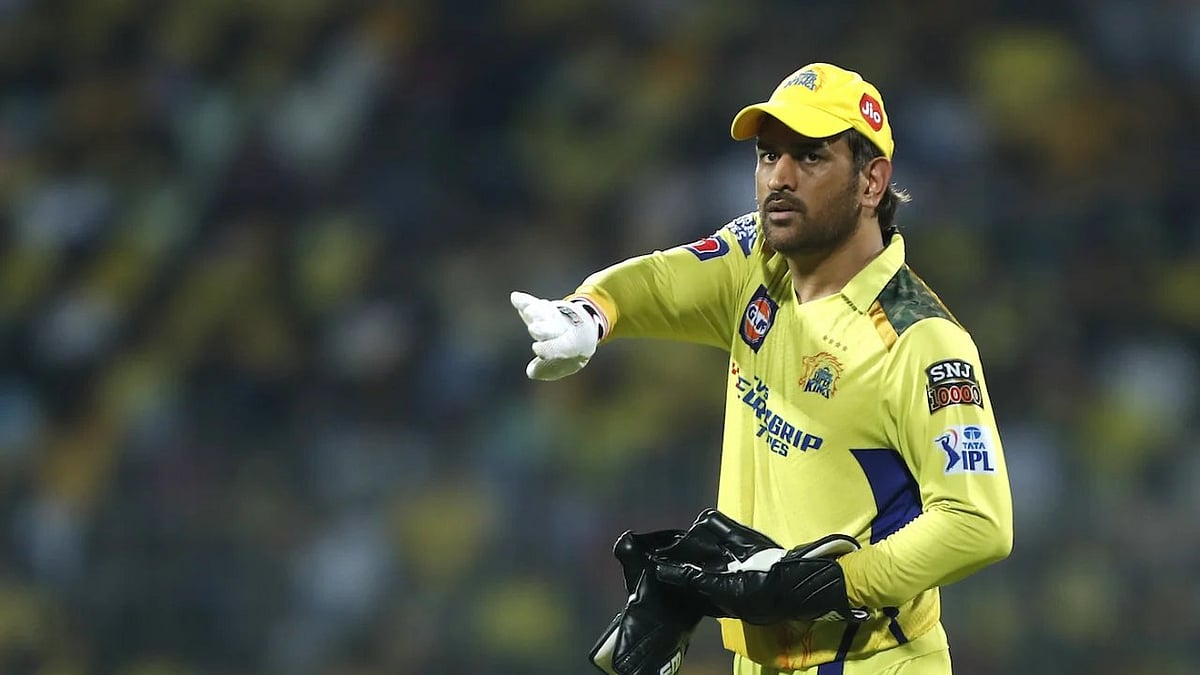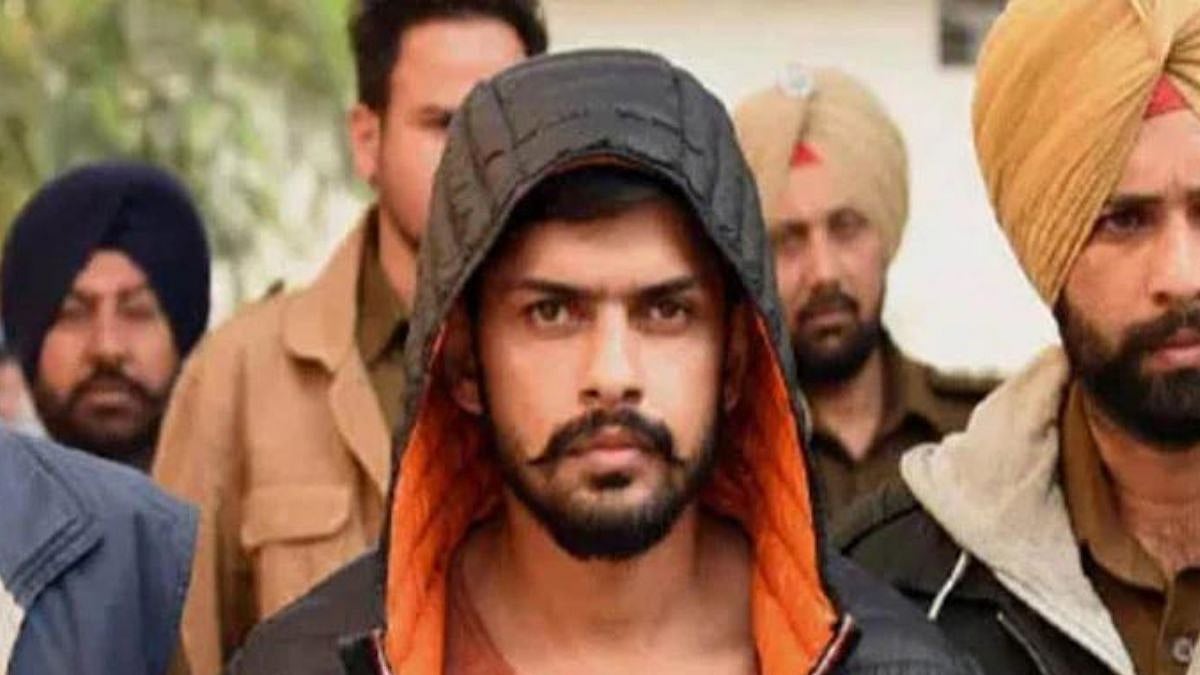Trade and politics have always gone hand in hand in international relations, even though their journey together, especially in South Asia, has more often than not been a difficult one. If the winds which have carried both along have produced wisdom which nurtured commerce even in hostile environments, it has also brought to fore, the downright ludicrous.
Take the case of Pakistan’s “kabhi haan, kabhi naa” (at times yes, sometimes no) stance on opening up to India on trade, or that of Bangladesh’s Sheikh Hasina challenging Opposition leaders who have been calling for boycotting Indian goods to first get their wives to burn Indian sarees, to understand how troublesome and at times funny situations can be.
Last week, Pakistan’s flamboyant foreign minister Mohammad Ishaq Dhar told newspersons in London that his country would “seriously” reconsider reviving trade ties with India, suspended since 2019.
Of course, within days, the neighbouring state’s foreign office backtracked a bit and said it is reviewing a proposal for trade resumption though as yet there was no change in its position. A diplomatic double-speak which could mean anything.
In India, where over the last few decades or so ties with Pakistan has become a political hot potato and with election fever raging in the current juncture, there is of course little or no chance of any ‘aye sayer’s to any peace overtures from across the border.
The powers that be in New Delhi have more or less ignored Dhar & Co.’s “yes, no, maybe” message with a deafening silence.
But then the ‘Kabhi-haan, Kabhi Naa’ relationship between the twin South Asian nations over trade has been on for decades now.
Sometimes in 1996, India accorded the ‘Most Favoured Nation’ or MFN status to Pakistan which all World Trade Organisation members are supposed to give to fellow members to ensure that everyone faces similar taxes.
Pakistan however dilly-dallied over decades in giving its regional rival India a reciprocal status. Those in the know say this was because in Urdu the WTO term transliterated to “Sab Se Pasandeeda Qoum” which in Hindustani, the Mughal camp language which later became Urdu, also means ‘bum chum people’.
In a nation where the memory of partition and three-and-a-half wars with India have been kept alive by successive military or military-backed regimes to explain why an impoverished Pakistan must spend huge amounts on its armed forces, giving any such status even in the sphere of trade, is an obvious political no-no.
Fast forward to 2019, when the Narendra Modi government in a controversial move abrogated article 370 of its constitution which gave Jammu & Kashmir a special status, Pakistan stopped whatever trade there was between the two nations. In the same year, India too slapped a 200 per cent tariff on Pakistani imports and rescinded the MFN designation for her western neighbour.
Funnily, a World bank report ‘A Glass Half Full: The Promise of Regional Trade in South Asia’ written sometime before these tit-for-tat measures, had concluded that Indo-Pakistan trade has the potential to increase to US $ 37 billion if both nations would agree to remove tariff and non-tariff barriers.
However, the two nations’ spat did not really mean an end to commerce, which like water always manages to find a way even through desert rock and dead sand.
Even before 2019, because of the high taxes and negative list of goods which could not be bought from India, most of the trade between the two countries was routed through Dubai and Singapore. If in 2018-19, India and Pakistan directly traded goods worth $ 2.56 billion, at the same time the duo exchanged goods worth an estimated $ 8-10 billion through Dubai and Singapore.
The coastal Arab and Straits Chinese middle men profited and continue profit from the long distance trade between the two neighbours, to the detriment of Pakistani and Indian consumers and businessmen. But then, politics has its own strange logic and this round-about way of trading suits politicians on both sides of the Radcliffe line. They can both smile and claim that they are sufficiently nationalistic to their home audience even as profits plummet and prices spiral.
Let’s travel to the east with our tale of how commerce and politics make strange bedfellows. Two-way trade between India and her close neighbour Bangladesh stood at a healthy $ 15.9 billion in 2022-23.
Bangladesh which is emerging as a manufacturing powerhouse making goods ranging from garments to pharmaceuticals to ships, mostly buys intermediate products from India which feed its factories — machinery, cotton yarn, petroleum products and chemicals. While it sells mostly ready-made garments, jute and spices to its bigger neighbour.
Besides these big ticket sales, what is interesting is that Bangladesh’s consumer goods companies such as Pran and Basundhara have started expanding into the eastern and northeastern markets taking over niche areas in the retail market for packaged food and drinks, medicines and textiles, much to the chagrin of giants like ITC and Dabur.
However, news headlines on both sides of the border focus mostly on the smuggling of cows from India or the sale of onions and sarees to Dhaka.
Be that as may be, soon after Bangladesh held a rather one-sided election where Awami League was the main contestant and which the principal opposition Bangladesh Nationalist Party (BNP) boycotted, a social media campaign suspected to have been hatched by disgruntled political forces started calling for a boycott of Indian goods.
The campaign seems to have drawn its inspiration from a similar ‘Out India’ campaign in Maldives sometime back.
While the influence this move has or will have on Bangladesh’s marketplace is not yet known, the rift between the Awami League government and the opposition BNP over trade with the neighbour has certainly widened.
Taking a swipe at the Opposition, Bangladesh’s Prime Minister Sheikh Hasina in a public speech this week asked if BNP leaders calling for a boycott of Indian goods were willing to burn the Indian sarees their wives had hoarded.
The video of this speech which has attracted much amusement at the expense of the opposition leaders whose wives are known for their penchant for wearing costly India-made sarees, has been seen by millions of viewers.
It is well known that just as rich Indian consumers have a soft spot for Jamdani and Dhakai silks and Tangail cotton from Bangladesh, that country’s uber rich have a love affair with Indian chiffons, Chanderi cottons, Murshidabadi and Banarasi silks. The pre-Eid season is usually an occasion for well-off Bangladeshis to travel to Kolkata for a whirl-wind shopping tour.
A galaxy of livid BNP leaders have since been busy trying to explain their wives’ wardrobes even as trade diplomats of the two countries work to negotiate a new trade agreement which may open up the Indian market to Bangladesh’s fast growing industry, unless a new bug-bear embitters relations on either side of the Padma river.
Hopefully wisdom will dawn on leaders in all South Asian countries to realise that trade like water cannot be stopped, and stalling it, would merely make the lives of ordinary citizens and businessmen far more difficult and costlier than it is today.
The writer is former head of PTI’s eastern region network




